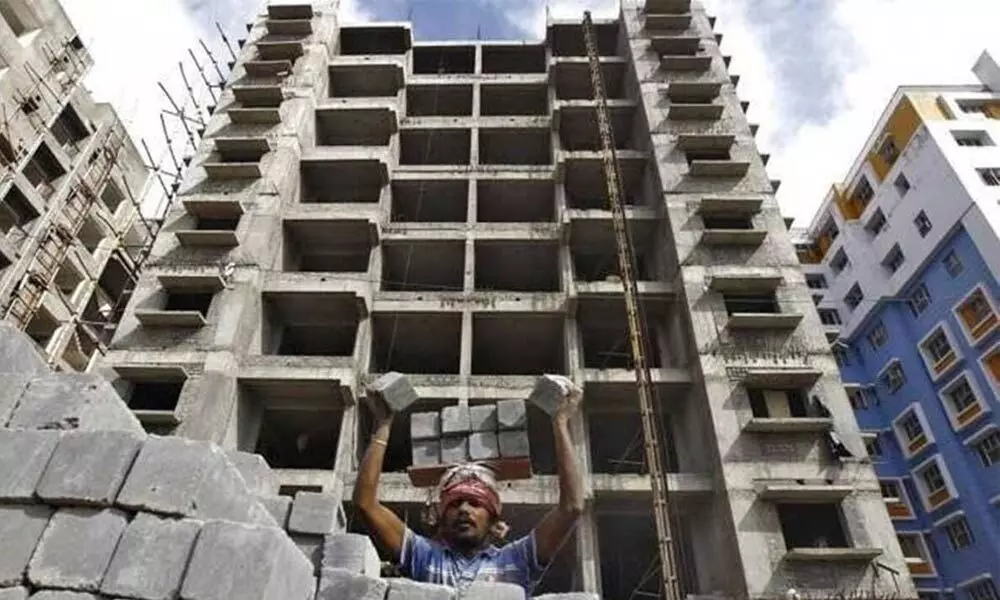PE investments in realty down 57% so far in 2020

PE investments in realty down 57% so far in 2020
Investors remain cautious due to sharp economic slowdown
Private equity (PE) investment in Indian real estate fell 57 per cent year-on-year to around $2.3 billion during January-September this year as investors remained cautious due to Covid-19 pandemic, according to a Knight Frank report.
The PE investment in real estate stood at $2,308 million during January-September 2020 as against $5,318 million in the corresponding period of the previous year. During the entire 2019 calendar year, the PE inflow was $6,792 million.
As per the data, office segment attracted $1,871 million PE investment during January-September as against $2,725 million in the year-ago period. The PE inflow in warehousing fell to $221 million from $1,537 million, while housing segment attracted $216 million as against $659 million. Retail real estate segment did not get any investment.
"Private equity investors have taken advantage of this period of economic slowdown to scout for Grade A (prime) assets with strong growth trends for investments as a result of which, assets in office segment saw positive investment activities," Knight Frank Chairman and Managing Director Shishir Baijal said.
Rajani Sinha, Chief Economist & National Director - Research, Knight Frank India said, " While the investors are currently cautious due to the disruptions in the real estate sector and the sharp economic slowdown across global economies, we feel that the investor interest in Indian real estate will remain strong in the long-term."
Knight Frank in its report has assessed the assets owned by the Public Sector Units (PSUs) and estimated that the top 45 companies hold commercial properties viable for Real Estate Investment Trust (REIT) at a potential of over Rs 1.2 lakh crore.
This is based on an analysis of the book value of buildings owned by 45 listed PSUs including top maharatnas, navratnas, mini-ratnas, PSBs and other PSUs. Office building assets on the balance sheet of these 45 listed PSUs were considered for this analysis and the residential buildings/townships and plant buildings (buildings inside the plants) were excluded.
"The first two REITs of India have been immensely successful and garnered strong investor interest. The potential of the office space market in India has been fundamentally strong given the generic pace of growth of the economy and the demand. Thus, in the mid-term to long-term basis investment in the asset class is expected to be positive. This may therefore be a good opportunity for government to monetise the rent yielding office assets of PSUs," Baijal said.











